New look: Here are 7 trends transforming the furniture industry
The furniture industry has seen many changes over the years. Here are 7 trends that are transforming the way we buy and procure furniture
Amidst the ponderous clouds of the global market economy, a study has shown that India’s furniture market has grown 14.5% in last few years and is projected to cross 32 billion USD at the end of the year 2020.
It is interesting to note that such huge figures were not achieved in the span of a single night. Evidently, some huge transformations have already taken place over the last decade, that proliferated the growth of the furniture industry in India.
The major breakthrough came when the “Internet” came into being. Soon, it was just a matter of a few clicks and you could buy anything from anywhere across the globe. Today, there are 3.5 billion active social media users in the world who have access to thousands of online retail stores.
Besides the internet, there are many other important factors that are responsible for the changes in the furniture industry and the way we furnish our homes.
Here are 7 trends that are transforming the furniture industry:
The colour of paint

People choose furniture according to the paint on the walls
The world was already changing rapidly when the 20th century ended. People had moved into big homes that had high ceilings. The tradition of painting walls had begun.
People began to notice that the very first thing that makes a home beautiful is the colour of its walls. Brush colours and abstract painting became the new normal. Painted rooms demanded furniture that would match the beauty of the colours on the walls.
Even today, paint is the first step to keep in mind before buying furniture, because it creates a contrast to all the furniture in your home.
Futuristic furniture
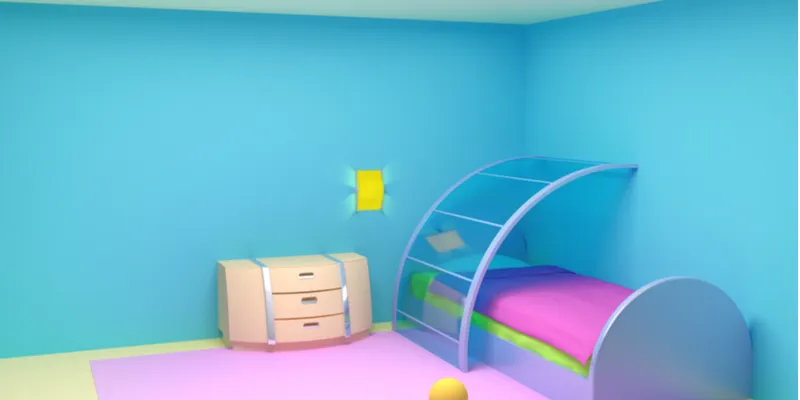
Futuristic touches in furniture are here to stay
As time marched on, people began liking furniture in designs that looked futuristic. Anything that was sleek and glossy became trendy. Advertisements and marketing campaigns were completely dedicated to presenting futuristic trends in furniture.
Today, both classic and futuristic furniture are here to stay, especially in the design of closets and lounge chairs.
Augmented reality and virtual reality
The most recent trends responsible for a transformation in the furniture industry is ‘Augmented Reality’ and ‘Virtual Reality’.

Augmented Reality is transforming the furniture industry
When online retail stores became the new normal in furniture shopping, techies came up with many revolutionary inventions.
One of them was 'Augmented Reality' where the user was given an interactive experience of a real-world environment so that the objects that reside in the real world could be enhanced by a computer. It was an instant success in the furniture industry.
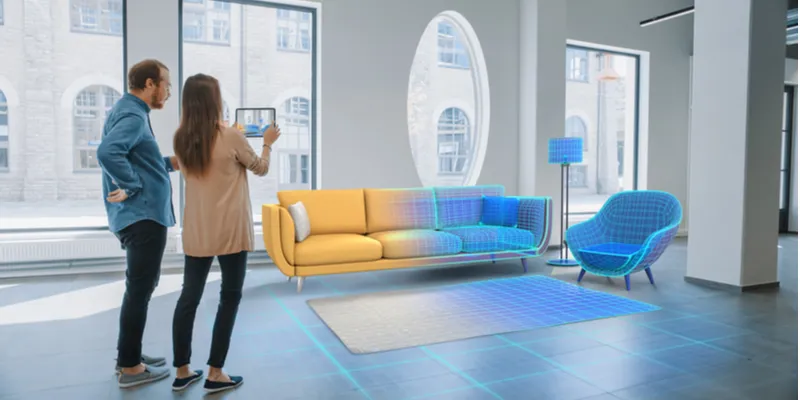
Virtual Reality offers an immersive experience
The second trend was ‘Virtual Reality’, which offered a completely immersive experience for the buyer.
Furniture for compact spaces
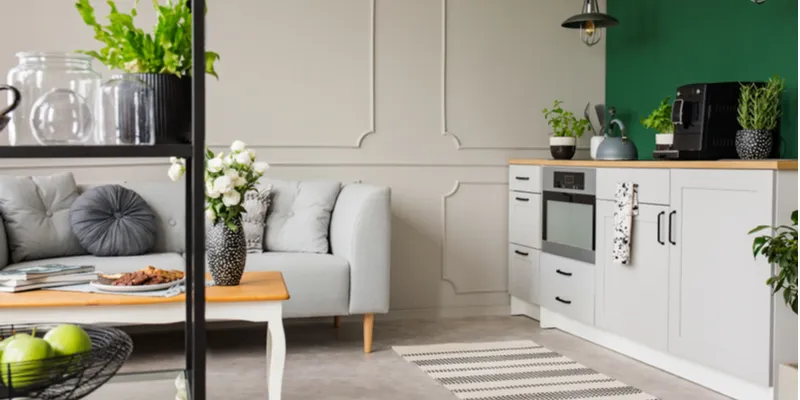
Furniture is being designed for smaller spaces
A new trend has popped up in recent years. People are posting video blogs about their compact spaces with multi-utility furniture. For instance, a sofa can be used as a bed or a table can be turned into a dining space. This marked the beginning of a new and dynamic range of furniture. A special category of furniture required for such compact spaces has become very popular in the last three years due to the fact that conserving space is necessary because space for living is shrinking day by day.
Social media presence
Big multinational furniture firms now find huge potential in social media marketing. Interior designers and fashion influencers post pictures of their furniture and the designs become popular. Online and offline magazines have also played a vital role in showcasing ideal furniture setups for studio apartments, offices and bungalows.
Customer experience stores
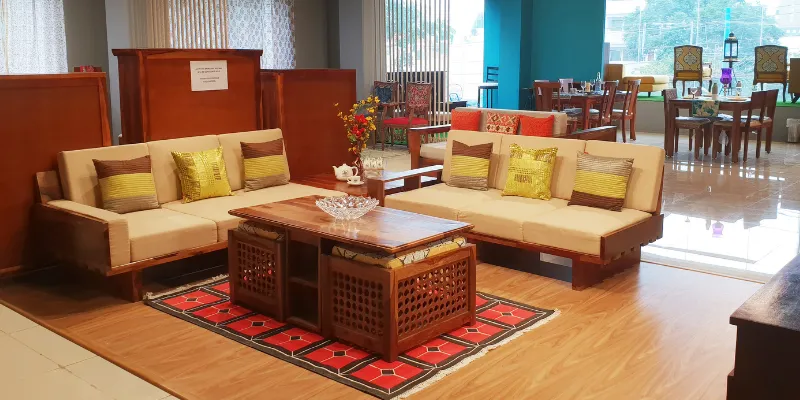
A furniture showroom
The other trend that is popular is the direct customer selling. ‘The process of making a product and then launching it, and sending the prototypes to the franchised outlets in every city has gone cold these days. With the help of social media, new business owners of furniture shops are directly posting pictures of the unit they want to sell online and accepting payments directly online.
Other than this, many firms have started the trend of offline company-owned shops for customers.
Customers who want to touch and feel the furniture module before buying it can go to these shops to check out the furniture and contextualise the furniture modules. These shops have prototypes of all the units that can be bought online yet one can get a feel of the size and colour of the furniture. This has really provided a push to the industry.
Affordable luxury
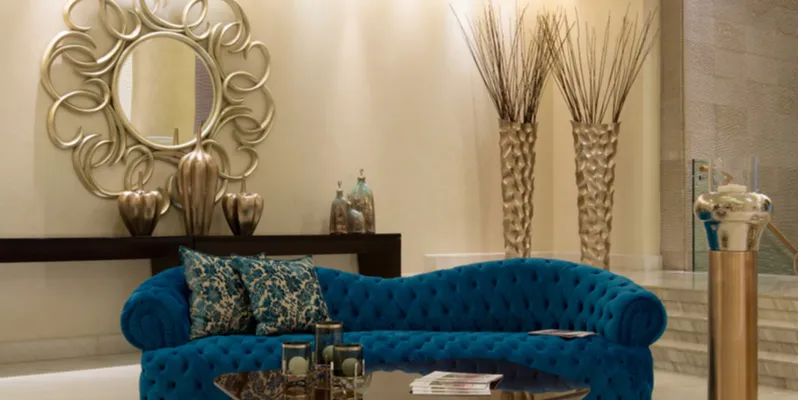
Luxury furnishings are always in demand
Luxury has been with us forever. Whether it is a house, a penthouse or a bungalow, the lifestyle of wealthy people has always been much sought-after.
Designers are now offering luxurious furniture at affordable prices. A finely crafted piece of furniture in your living room portrays luxury if set against ambient lighting. But luxury doesn’t mean “expensive” anymore.
While the furniture industry has always made world-class furniture for 5-star hotels, wealthy people and billionaires, nowadays they also offer luxurious furniture for anyone who would like to own something special in their homes.
(Images credit: Shutterstock)
Edited by Asha Chowdary
(Disclaimer: The views and opinions expressed in this article are those of the author and do not necessarily reflect the views of YourStory.)









